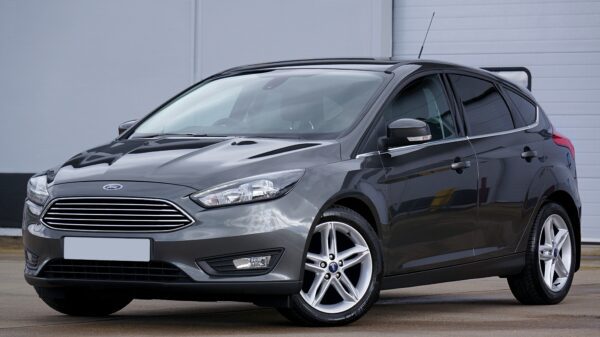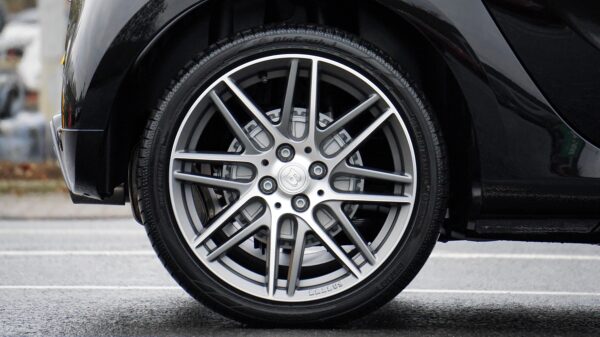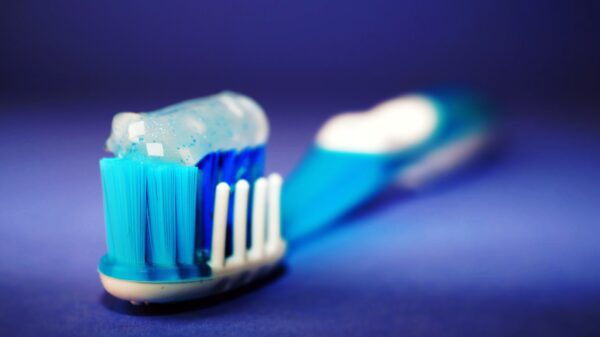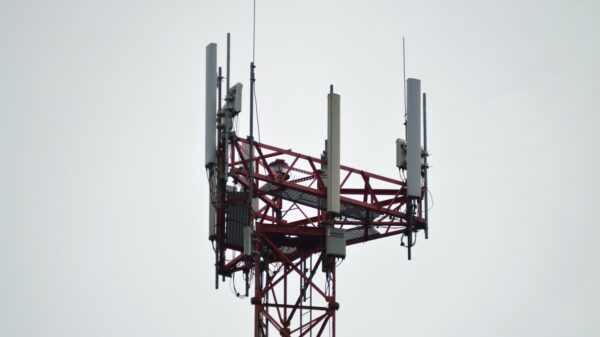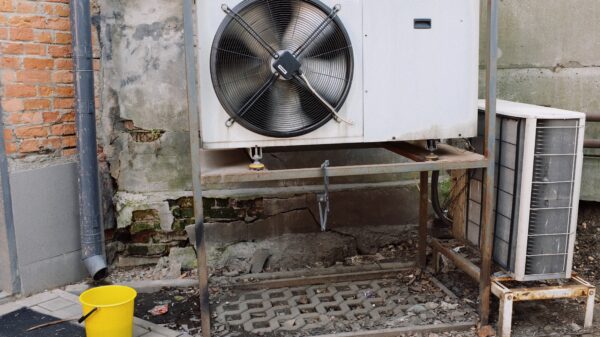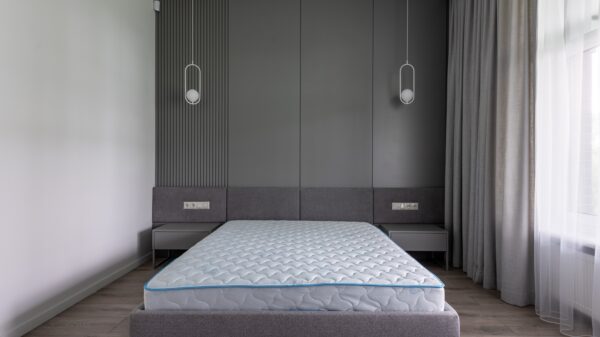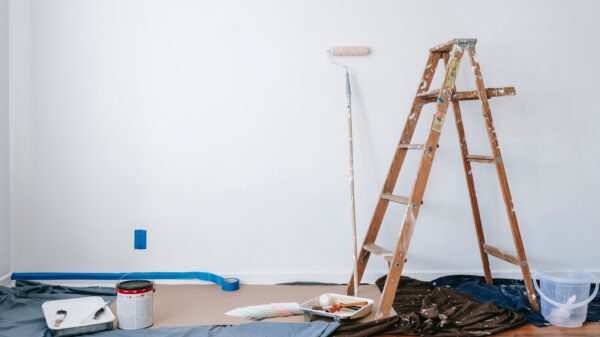Owning an air purifier has many benefits beyond just helping with allergies and other health concerns. A properly maintained air purifier will also eliminate odors and reduce the amount of dust in the air. Buying an air purifier is a simple decision — they all do basically the same thing: trap dust and other particles. The hard part is knowing whether a purifier will work with one’s specific home environment and needs. Here’s a handy guide.
Check if The Device Is a Good Fit
Air purifiers come in a wide range of sizes, technologies, and prices. The key is to match the right unit to one’s needs — from filtering small particles from a bedroom to eliminating smoke or mold from a large space in a basement or garage. Some models can be used for more than one purpose, but if one has very specific requirements, it’s best to look for a specialized air purifier.
Think About the Size of The Home
Most room air purifiers are designed to process just one or two rooms at once. Large-room models may cover 600 square feet or more. For houses with more than three bedrooms or a sprawling layout, one may need multiple purifiers to reach all areas of the home. Some units have remote sensors that can detect when conditions change — for instance, when a door is opened or a window is closed — so they know when to turn on and off.
Coverage area is especially important for choosing an air purifier because an underpowered unit won’t do its job effectively. Unfortunately, manufacturers don’t always give clear specifications about the square footage their machines can handle. When in doubt, choose a larger unit that uses high-efficiency particulate arresting (HEPA) filters — these will eliminate at least 99 percent of particulates from the air.
Consider a HEPA Filter
If a product states that it uses “HEPA filters,” it’s safe to assume that the filter will remove at least 99 percent of airborne particles, including pollen, mold spores, irritants, and other contaminants. However, if it doesn’t state that it uses a true HEPA filter, it might just use another type of filter and state so in fine print somewhere in the product description or specifications. It’s worth paying a little extra for a product with a true HEPA filter.

